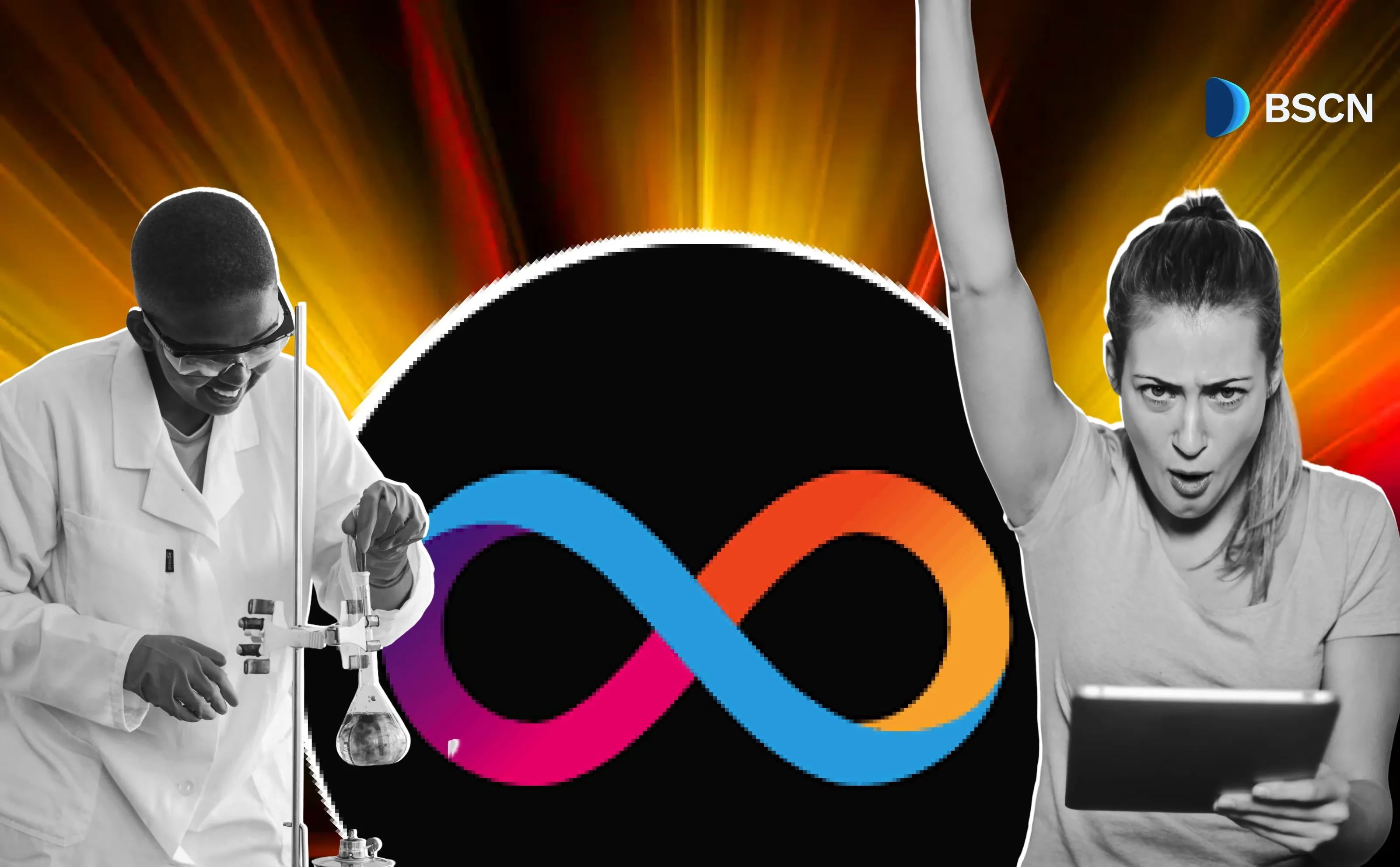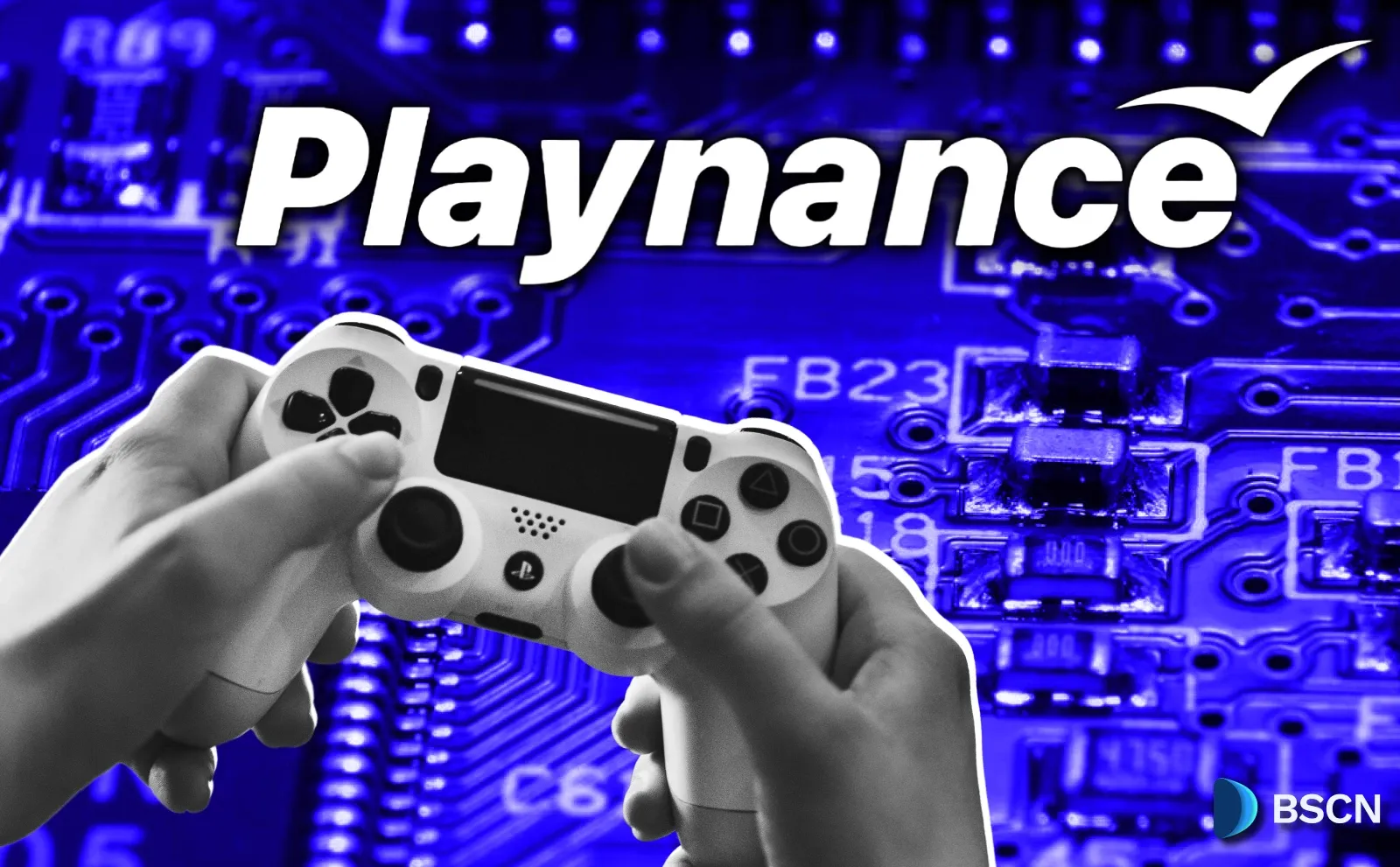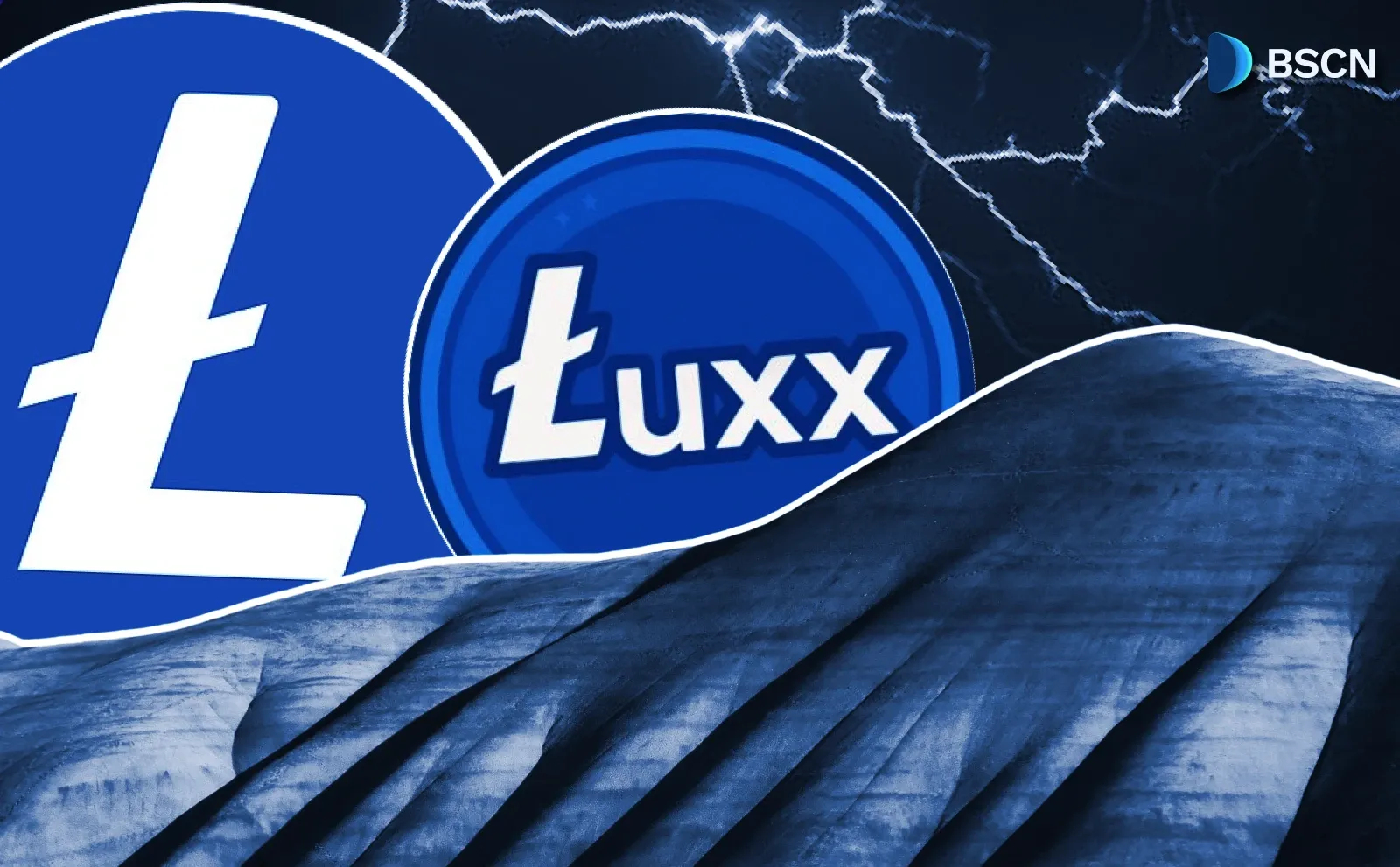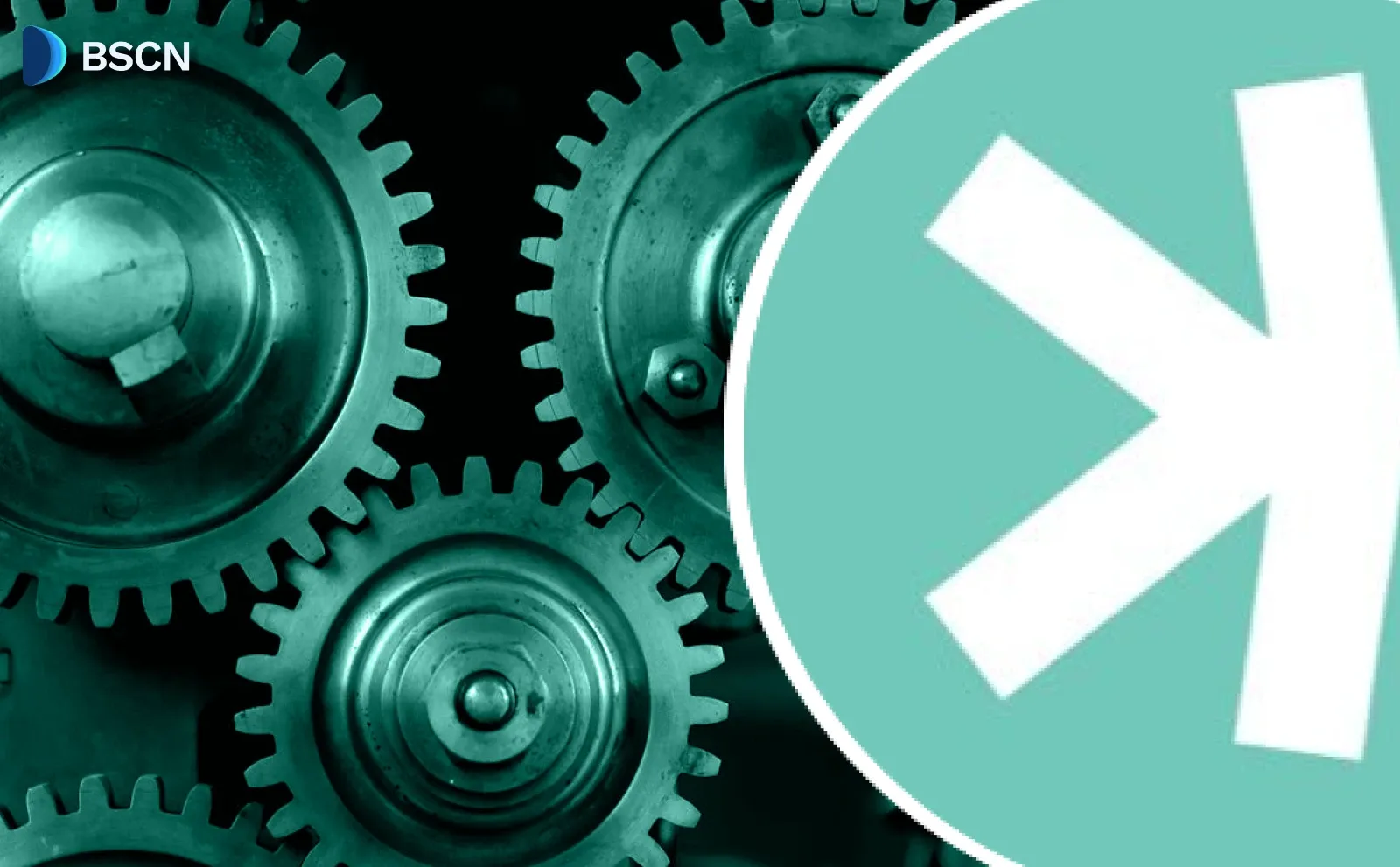Chainlink Explained: How It Connects Crypto to Real Life?

Chainlink is an oracle network — it connects blockchains with real-world data like asset prices, weather, and more. Smart contracts can’t access off-chain info on their own. Chainlink solves that.
Soumen Datta
May 16, 2025
Table of Contents
You’ve certainly heard of Bitcoin, Ethereum, or newer trends like memecoins and tokenized assets. These are prominent examples of blockchain technology making waves globally. But for all its promise, blockchain technology faces a fundamental challenge—it operates in a closed world. It’s like computers before the internet: powerful but isolated.
Enter Chainlink. This decentralized oracle network serves as the crucial bridge linking blockchains to real-world data and systems.
Chainlink, aptly named the “chain-link,” unifies blockchain technology with traditional infrastructure. It enables advanced, real-world blockchain applications, which explains why major financial institutions, governments, and countless crypto projects rely on it.
Understanding Chainlink
At its core, Chainlink is a decentralized oracle network (DON). Oracles are essential because blockchains can’t natively access off-chain data. Smart contracts—self-executing agreements coded on blockchains—need reliable external information to trigger outcomes.
For example, an insurance contract might require weather data to pay claims automatically. But blockchains cannot pull or push such real-world data due to their secure, closed design.
Chainlink solves this “blockchain oracle problem” by providing a secure, decentralized way to feed off-chain data into blockchain networks. It acts as a blockchain abstraction layer, transmitting data between external sources and blockchains while maintaining high security and trust. It supports what Chainlink calls hybrid smart contracts, combining on-chain logic with off-chain data and computations.
The Chainlink network runs primarily on Ethereum’s blockchain, benefiting from Ethereum’s proof-of-stake security. It’s also open source, inviting developers to inspect, contribute, or build on its platform.
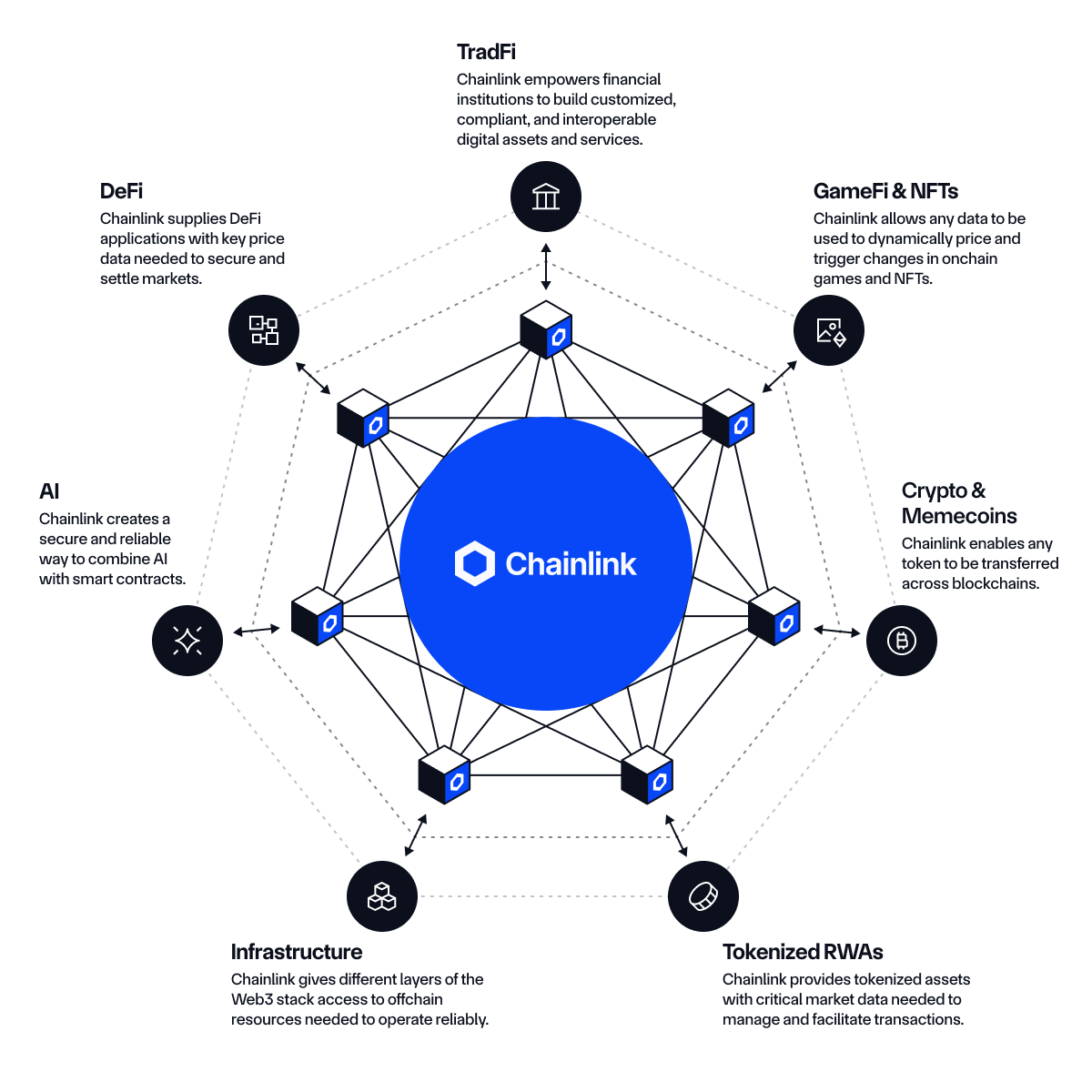
The Origins of Chainlink
Chainlink was proposed in 2017 and officially launched in 2019 by Sergey Nazarov, Steve Ellis, and Ari Juels. Their goal was to fix the oracle problem that affects all blockchains. Since blockchains are closed systems, they cannot independently verify or source external data. Oracles, traditionally centralized, risk introducing vulnerabilities—single points of failure that could compromise the entire system.
Chainlink introduced a decentralized approach, aggregating data from numerous independent sources to avoid reliance on any single point. This aggregation boosts security and ensures data accuracy through cross-verification.
From its launch, Chainlink grew steadily. By 2024, the network had more than 2,100 projects built on it, a jump of over 215 in just one year.
How Chainlink Works
Chainlink’s decentralized oracle network consists of thousands of independent node operators who retrieve, verify, and deliver data from external sources to blockchains. These nodes are rewarded with Chainlink’s native cryptocurrency, LINK, which incentivizes accuracy and uptime.
When a smart contract requests data, Chainlink nodes fetch this information from multiple trusted sources. They aggregate and validate the data, then deliver a single, verified output back to the smart contract. This process reduces risks associated with centralized oracles, such as manipulation or downtime.
Node operators stake LINK tokens as collateral, aligning their economic interests with the network’s security. Fees for data services vary according to demand and complexity, ensuring a market-driven, efficient oracle system.
Chainlink supports multiple crucial features beyond simple data feeds:
- Decentralized data feeds: Chainlink aggregates data from various sources for use in hybrid smart contracts.
- Verifiable randomness: Critical for applications like gaming or lotteries, where unpredictable outcomes must be provably fair.
- Automation: Smart contracts powered by Chainlink can automatically execute complex event-driven tasks.
- Cross-chain interoperability: Through its Cross-Chain Interoperability Protocol (CCIP), Chainlink connects different blockchain platforms, enabling data and token transfers across networks.
Chainlink and Smart Contracts
Smart contracts are programmable agreements that execute when predefined conditions are met. However, they are inherently limited because blockchains cannot verify external events independently. Chainlink bridges this gap by providing trusted, real-time data.
For instance, in a prediction market betting on the 2025 Super Bowl winner, Chainlink oracles can verify the result from multiple reputable sources. Once confirmed, the smart contract automatically pays out winnings. Without Chainlink, such real-world integration would be impossible or insecure.
Beyond prediction markets, Chainlink supports diverse applications:
- Supply chain management: Secure tracking and automation improve transparency.
- Insurance: Parametric insurance policies automate claims based on real-world triggers like weather.
- Gaming: Verifiable randomness enhances fairness in loot drops and matchmaking.
- DeFi (Decentralized Finance): Accurate price feeds prevent manipulation and enable complex financial instruments.
- Weather prediction: Tamper-proof data feeds improve forecasting and decision-making.
The Cross-Chain Interoperability Protocol (CCIP)
Launched in 2023 and widely available by 2024, Chainlink’s CCIP is a game-changer. The blockchain space is highly fragmented, with multiple networks operating in isolation. CCIP provides a standardized protocol enabling seamless, trustless transfer of data and assets across blockchains.
Imagine a decentralized app (dApp) for weather betting. With CCIP, users on Ethereum, BNB Chain, or Polkadot can participate simultaneously. Bets placed with tokens on different chains settle transparently and securely, regardless of the user’s blockchain of choice. This interoperability can dramatically expand user bases and liquidity.
CCIP supports innovative use cases like cross-chain lending, cost-effective transaction processing, and yield optimization. By connecting disparate blockchains, CCIP paves the way for new dApps that leverage the strengths of multiple networks.
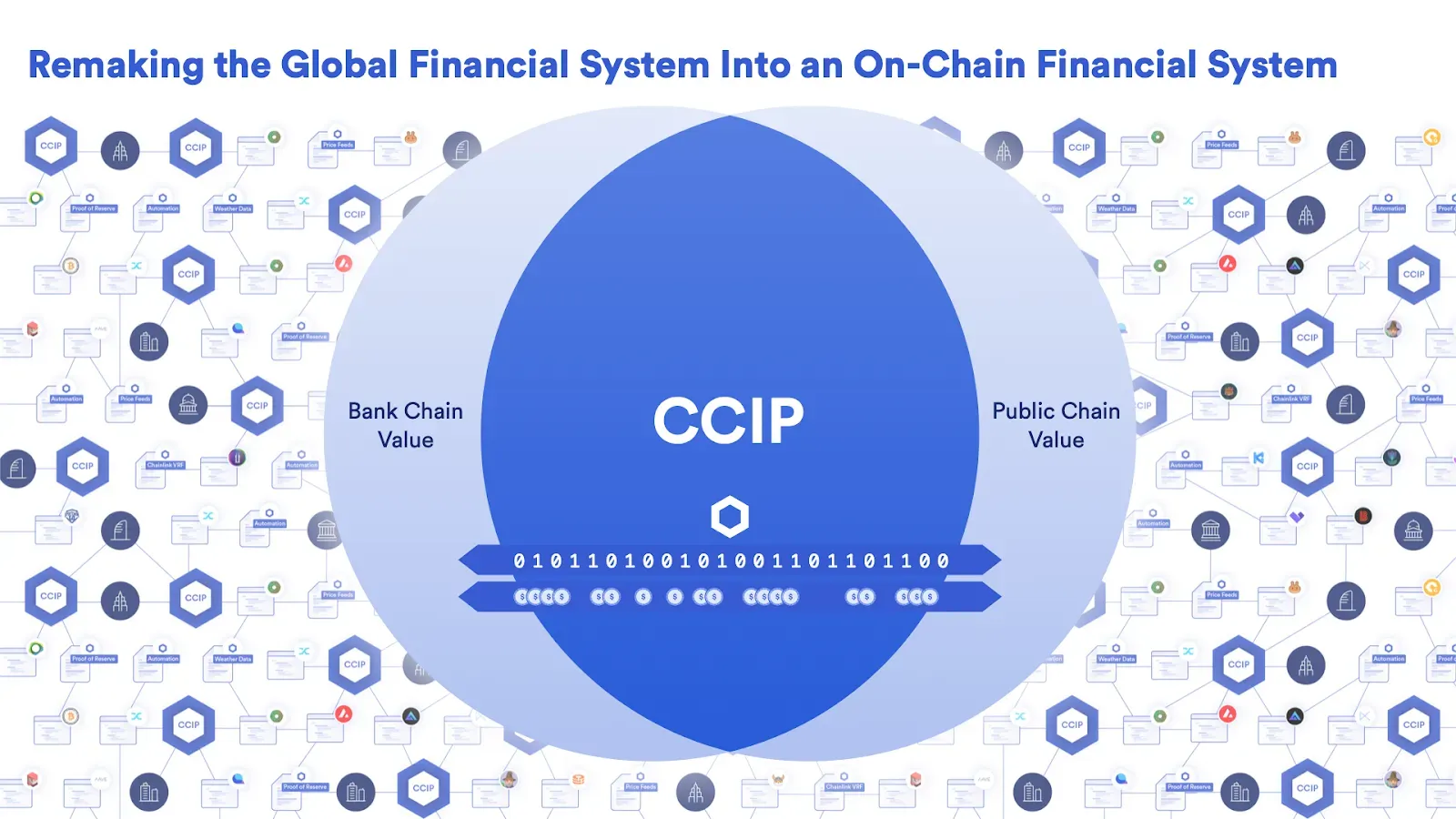
Partnerships and Real-World Impact
Chainlink’s reputation extends beyond the crypto sphere. In 2021, the Associated Press used Chainlink oracles to automate the secure release of election results, sports outcomes, and financial reports to over 15,000 outlets. This application demonstrated Chainlink’s ability to deliver tamper-proof, cryptographically verified data on a massive scale.
More recently, Chainlink has partnered with SWIFT, the global leader in financial messaging. This collaboration explores tokenization, secure asset settlement, and the integration of real-world financial data into blockchain networks. One experiment successfully transferred tokenized value across private blockchains, showcasing Chainlink’s role in bridging traditional finance and blockchain.
Chainlink Tokenomics and Network Growth
Chainlink’s native token, LINK, is fundamental to its network’s operation. Node operators stake LINK as collateral and receive it as payment for providing data services. This economic model aligns incentives, ensuring data quality and network security.
The LINK token has a maximum supply of 1 billion, with over 600 million issued as of mid-2024. The token’s role in staking and rewards creates a self-sustaining ecosystem fueling Chainlink’s decentralized oracle network.
Recent Innovations
Chainlink also plays a critical role in the emerging interoperable stablecoin landscape. USDT, the largest stablecoin by market cap, traditionally faced challenges like liquidity fragmentation across blockchains.
OpenUSDT, developed in partnership with Chainlink, Hyperlane, and Velodrome, offers a cross-chain version of USDT designed to operate seamlessly on the OP Superchain ecosystem. This network includes over 30 live blockchains, with many more on the horizon.
Chainlink’s oracle and security infrastructure enable OpenUSDT to move freely across these chains, addressing scalability and liquidity issues. This interoperability opens new doors for stablecoin adoption and utility.
Why Chainlink Matters
Blockchain’s promise has always been transformative, but isolated networks limit its potential. Chainlink’s decentralized oracle network is foundational for unlocking that promise. By securely bridging blockchains with real-world data and other blockchains, Chainlink enables smart contracts to fulfill their full potential.
The rise of hybrid smart contracts, cross-chain interoperability, and real-world integration marks a critical evolution. Financial institutions, governments, and developers recognize Chainlink as the key to scalable, secure blockchain adoption.
Read Next...
Disclaimer
Disclaimer: The views expressed in this article do not necessarily represent the views of BSCN. The information provided in this article is for educational and entertainment purposes only and should not be construed as investment advice, or advice of any kind. BSCN assumes no responsibility for any investment decisions made based on the information provided in this article. If you believe that the article should be amended, please reach out to the BSCN team by emailing [email protected].
Author
 Soumen Datta
Soumen DattaSoumen has been a crypto researcher since 2020 and holds a master’s in Physics. His writing and research has been published by publications such as CryptoSlate and DailyCoin, as well as BSCN. His areas of focus include Bitcoin, DeFi, and high-potential altcoins like Ethereum, Solana, XRP, and Chainlink. He combines analytical depth with journalistic clarity to deliver insights for both newcomers and seasoned crypto readers.
Crypto Project & Token Reviews
Project & Token Reviews
Comprehensive reviews of crypto's most interesting projects and assets
Learn about the hottest projects & tokens
Latest Crypto News
Get up to date with the latest crypto news stories and events








